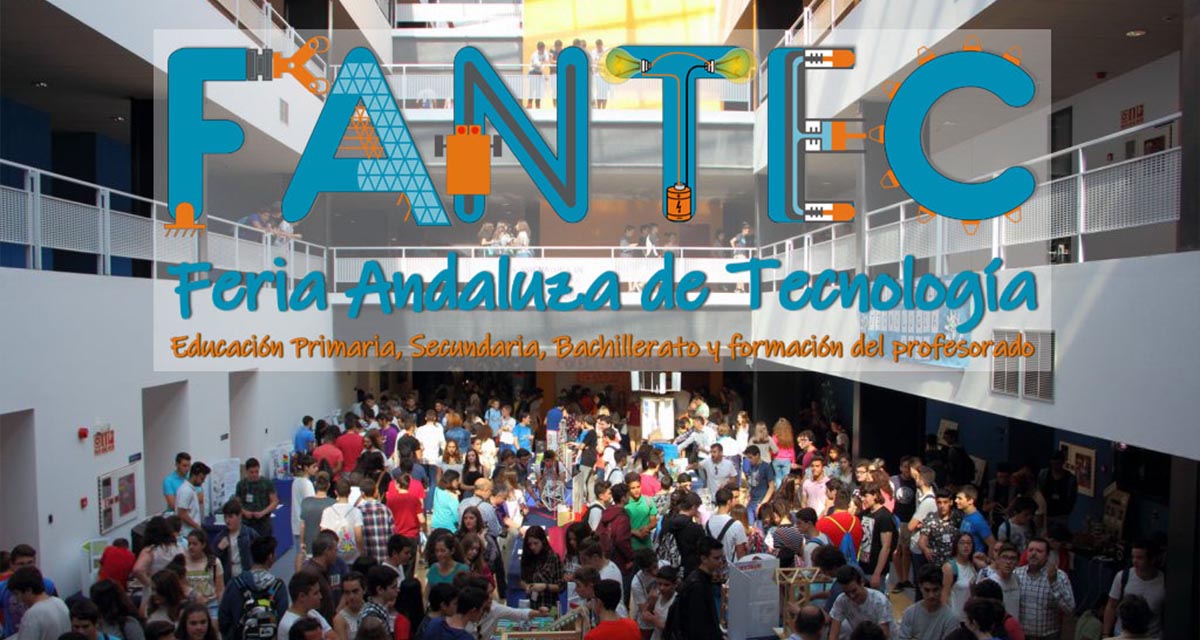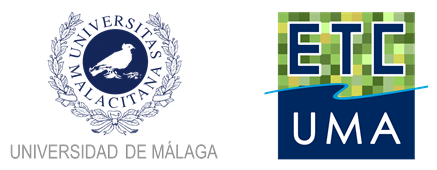Overview of recent work and access to online publications and resources
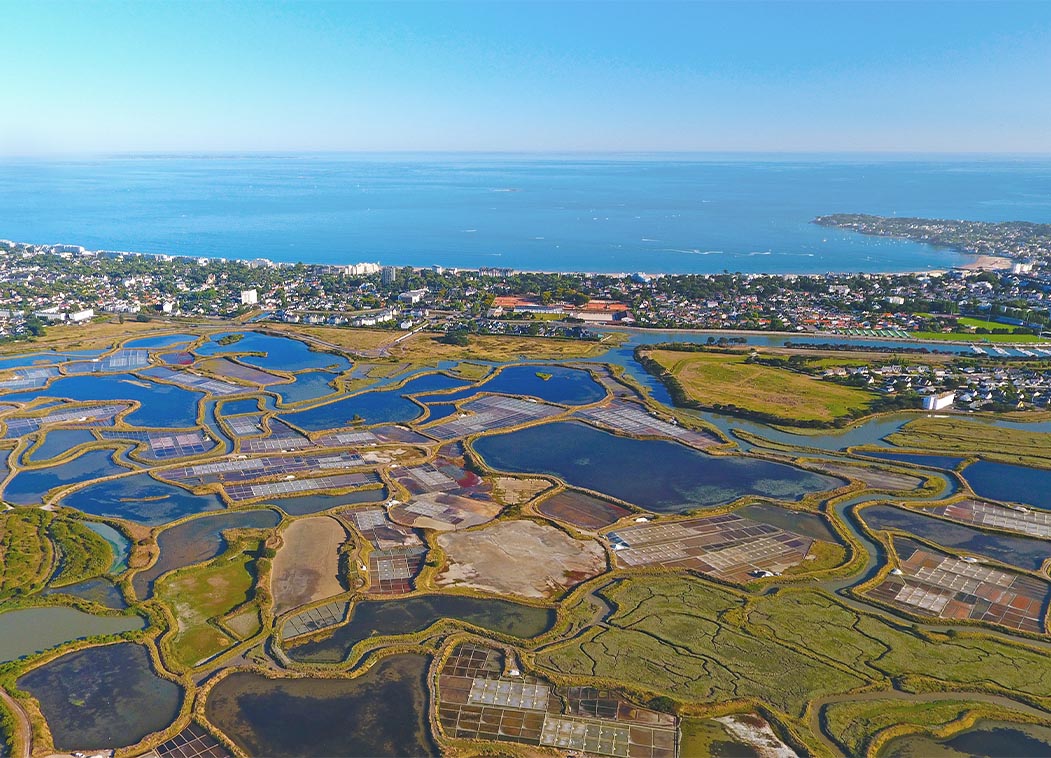
RESTORE4Cs 1st Policy Brief: How can coastal wetlands help achieve EU climate goals?
The first RESTORE4Cs Policy Brief of RESTORE4Cs, “How can coastal wetlands help achieve EU climate goals?“, highlights the importance of European coastal wetlands for reducing Greenhouse Gas emissions. The key messages of the first RESTORE4Cs Policy Brief include: Coastal wetlands are important natural carbon stores, ...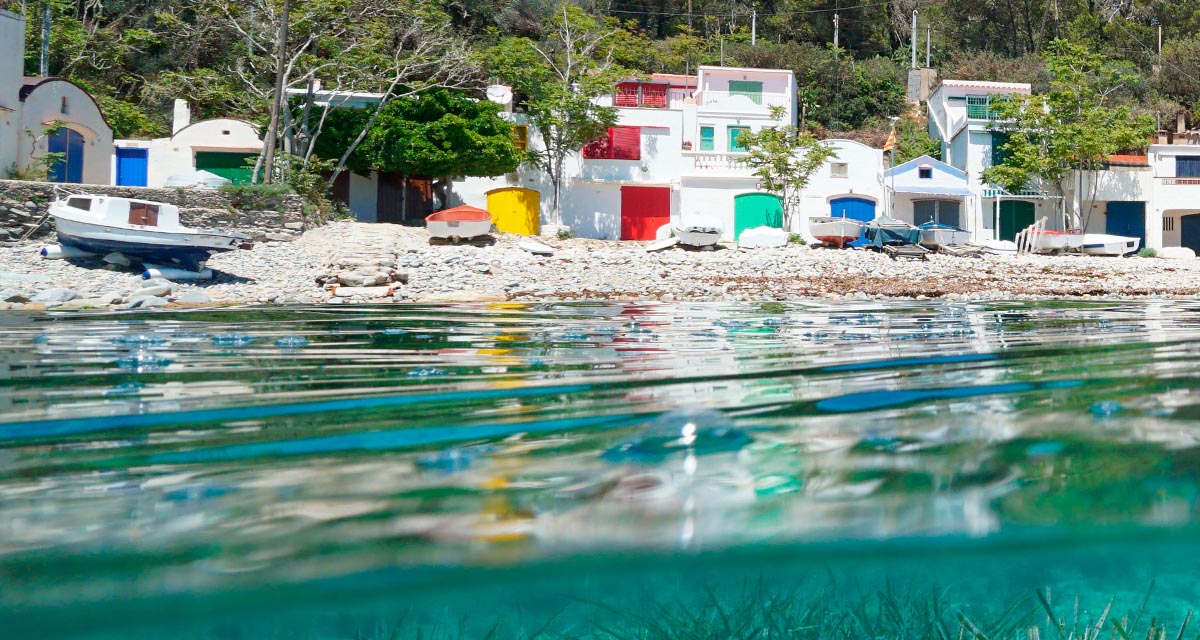
Mapping the Impact of Blue Tourism in the Mediterranean
The IUCN Centre for Mediterranean Cooperation with the support of ETC-UMA in the framework of the Blue Tourism Initiative, has released a comprehensive report entitled “Mapping the Impact of Blue Tourism in the Mediterranean: Vulnerability Assessment of Coastal and Marine ...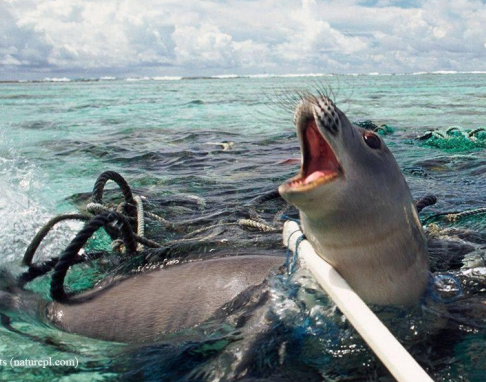
Brief update of the MedBioLitter database version 10 updated in January 2023
The MedBioLitter knowledge base is an entry-point to the peer reviewed research evidence published on the impacts of marine litter on marine biota in the Mediterranean region. This knowledge base was created in 2017, under the Interreg-Med funded initiative PANACeA ...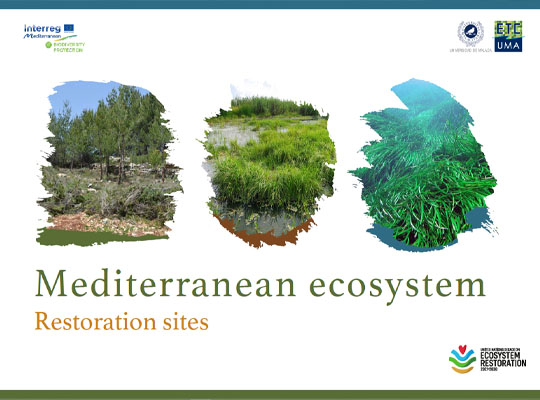
Mediterranean ecosystem restoration sites
In the frame of its strategic activities in the Mediterranean region, ETC-UMA as coordinator of the Mediterranean Biodiversity Protection Community (MBPC) has joined the Task Force on Best Practices on Ecosystem Restoration and committed to use its network of practitioners ...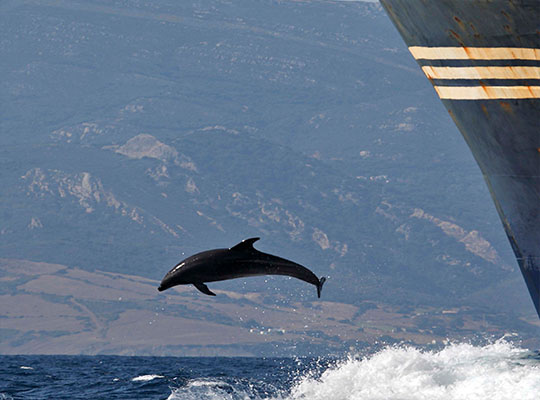
Supporting cetacean conservation in the Pelagos Sanctuary
A new report has been presented today, 18 November 2022, online in the frame of the cooperation between the Pelagos Permanent Secretariat and the Mediterranean Biodiversity Protection Community (MBPC), a project led by ETC-UMA. The new report, entitled Pathways to ...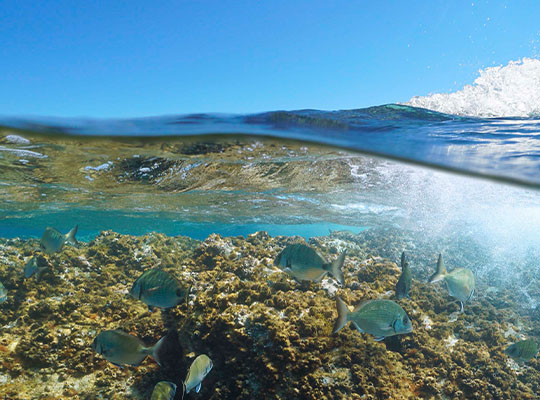
An assessment of marine biodiversity protection in the Mediterranean Sea: A threatened global biodiversity hotspot
The Mediterranean Sea is a World’s biodiversity hotspot. It harbours around 11% of all marine species in less than 1% of the global marine area (Bianchi & Morri, 2000). Furthermore, around 20% of those species are endemic (Coll et al., ...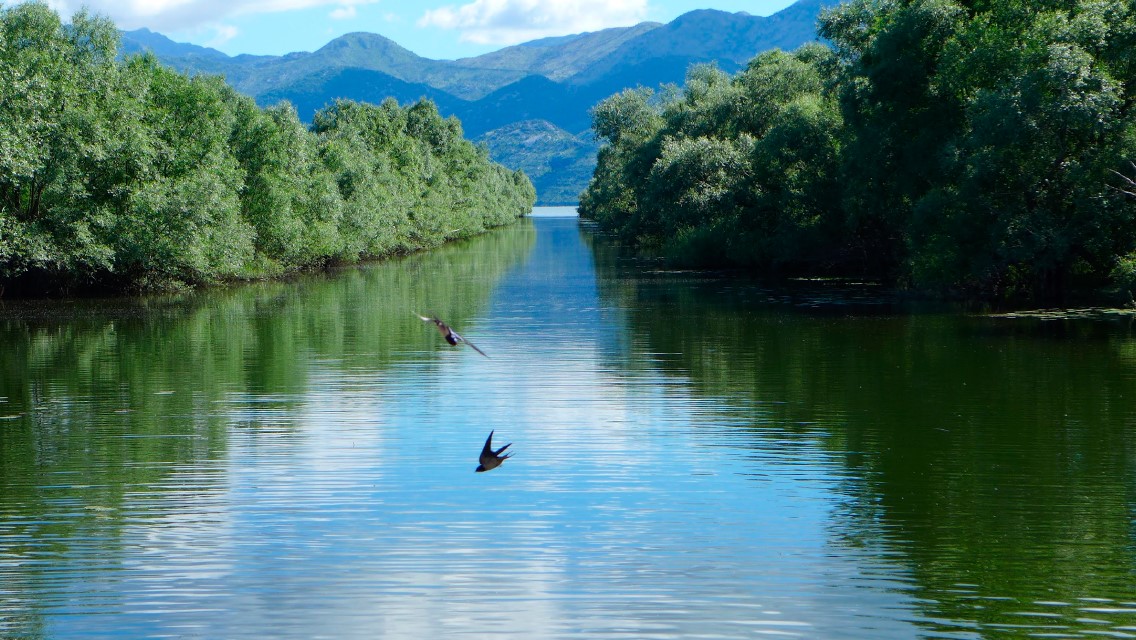
Mediterranean wetlands – their current state and ways to improve their conservation
The recent report entitled “Mapping and assessment of the state of wetland ecosystems: a Mediterranean perspective” led by ETC-UMA, in the frame of the Mediterranean Biodiversity Protection Community initiative co-funded by the EU Interreg Mediterranean programme, is the result of ...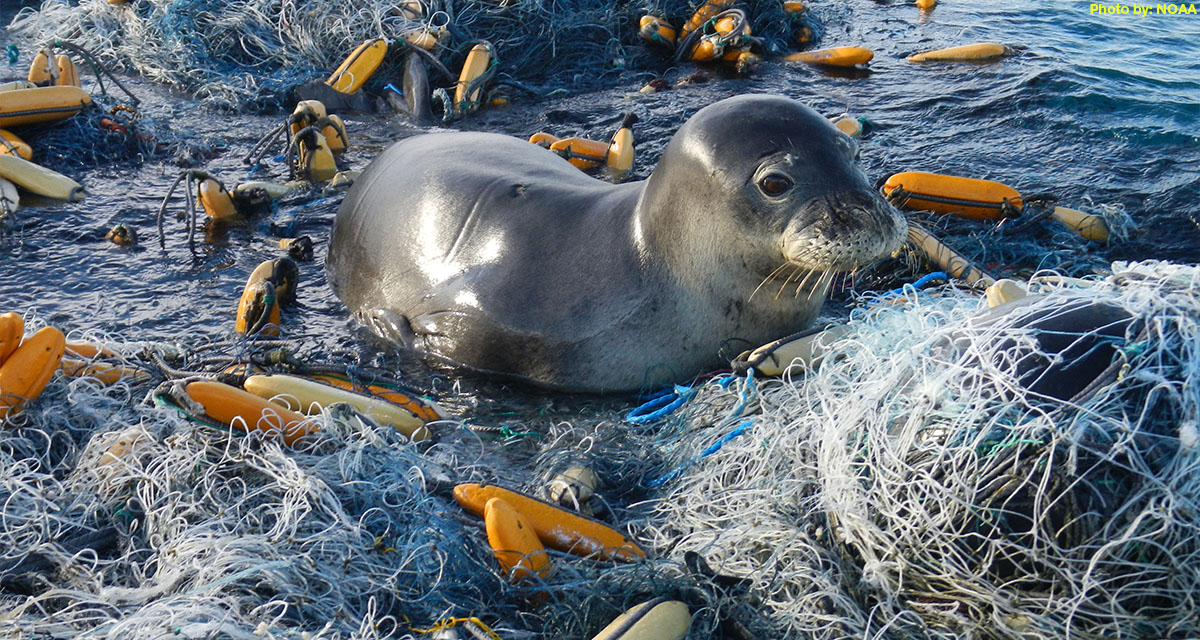
ETC-UMA issues new report on the impacts of litter on Mediterranean marine species
On the occasion of the workshop organized by IUCN and Région Sud in collaboration with its CPMR partner, the ETC-UMA Director, Dania Abdul Malak is presenting today 1 April 2022 a highlight on the wide range of actions required to ...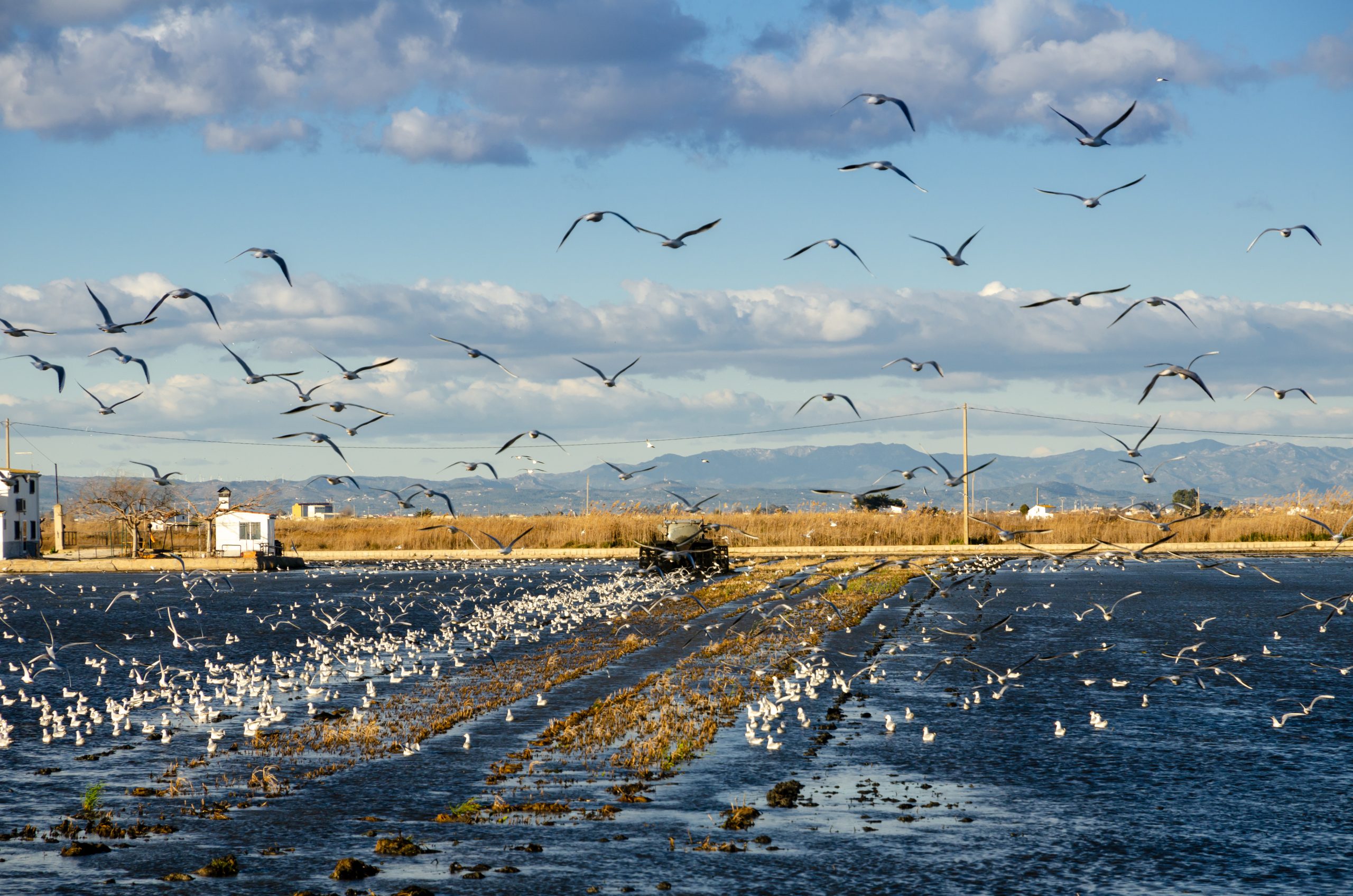
The role of healthy wetlands in fighting climate change
The new report developed by the ETC-UMA (University of Malaga), as partner of the European Topic Centre on Urban, Land and Soil Systems (ETC/ULS) has shed light on the role of healthy wetland habitats in the carbon cycle and the ...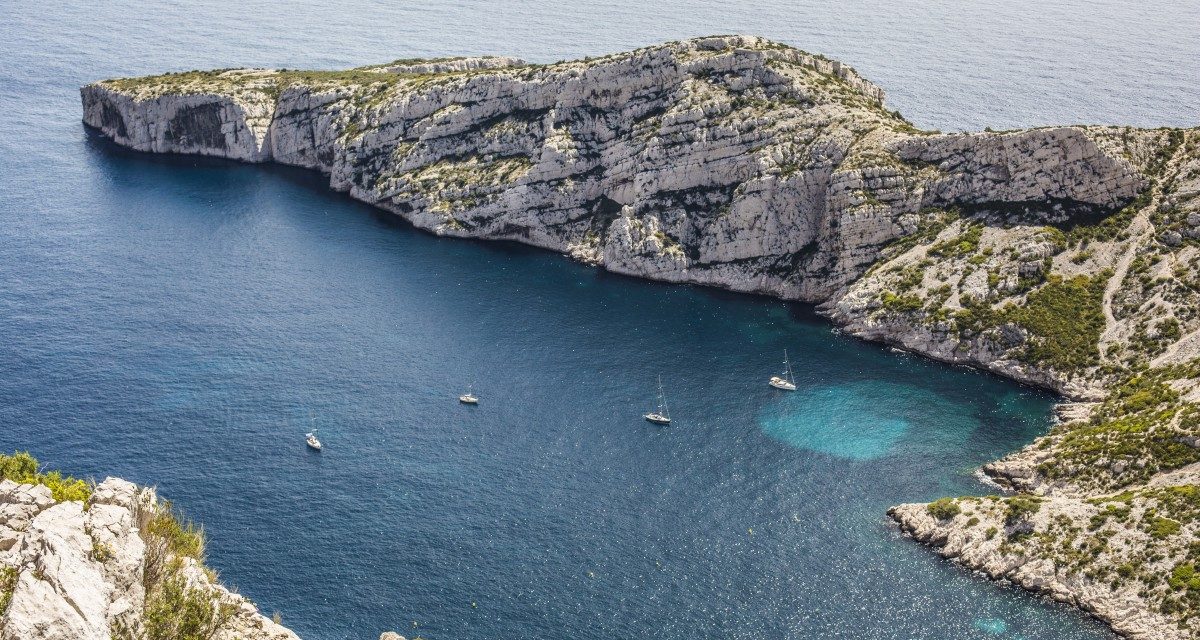
A Mediterranean snapshot on what we have and how to protect it
The report on the State of the Environment and Development in the Mediterranean (SoED) published in November 2020 warns that the Mediterranean basin is facing escalating environmental and developmental challenges: warming 20% faster than other regions, with 78% of fishing stocks subject ...
Mapping and Assessment of Ecosystems and their Services: An EU ecosystem assessment
This report presents an ecosystem assessment covering the total land area of the EU as well as the EU marine regions. The assessment is carried out by Joint Research Centre, European Environment Agency, DG Environment, and the European Topic Centres ...
MedBioLitter: an open database on marine litter and biodiversity science
An open database and spatial geoportal on current scientific knowledge related to marine litter and biodiversity interactions in the Mediterranean region. ...Check all our resources
You can access additional resources and publications per year through our engine below
Journal Articles
Rodríguez-Rodríguez, D.; Abdul-Malak, D.; Soukissian, T.; Sánchez-Espinosa, A.
Achieving Blue Growth through maritime spatial planning: Offshore wind energy optimization and biodiversity conservation in Spain Journal Article
In: Marine Policy, vol. 73, pp. 8-14, 2016.
Abstract | Links | BibTeX | Tags: Biodiversity, Blue Growth, Climate Change, Conservation and management, Pressures
@article{Rodríguez-Rodríguez2016d,
title = {Achieving Blue Growth through maritime spatial planning: Offshore wind energy optimization and biodiversity conservation in Spain},
author = {D. Rodríguez-Rodríguez and D. Abdul-Malak and T. Soukissian and A. Sánchez-Espinosa},
url = {https://www.researchgate.net/publication/305824278_Achieving_Blue_Growth_through_maritime_spatial_planning_Offshore_wind_energy_optimization_and_biodiversity_conservation_in_Spain},
doi = {10.1016/j.marpol.2016.07.022},
year = {2016},
date = {2016-11-01},
journal = {Marine Policy},
volume = {73},
pages = {8-14},
abstract = {Spain has a high potential for renewable energy production, being the world's third country by installed on-shore wind power. However, it has not yet fully developed its renewable energy production capacity, with no commercial offshore wind production to date, and remains highly dependent on fossil fuel imports. The country is also one of Europe's most biodiverse, on land and at sea. This study spatially assesses the country's offshore wind energy potential by incorporating the newly designated marine protected areas (MPAs) to the official Spanish strategic environmental assessment for the installation of offshore windfarms (SEA). It also identifies optimal areas for offshore windfarm development according to key physical variables such as wind speed, depth and substrate type. It finally assesses real commercial windfarm projects against current environmental constraints. The results show that nearly 50% of the whole area within 24 nm from the Spanish coast could be suitable for offshore windfarm development at the planning phase. However, only 0.7% of that area is optimal for wind energy production with current fixed turbine technology. Nevertheless, either area would allow Spain to meet its national targets of 750 MW of ocean power capacity installed by 2020 under adequate local wind conditions. Over 88% of all commercial windfarm project area is within the SEA's Exclusion zone, thus unfeasible under current circumstances. Technological breakthroughs like floating turbines may soon make the optimal windfarm area (OWA) less restrictive and reduce current environmental impacts of marine windfarms within a truly sustainable Blue Growth.},
keywords = {Biodiversity, Blue Growth, Climate Change, Conservation and management, Pressures},
pubstate = {published},
tppubtype = {article}
}
Presentations
Abdul-Malak, D.
Med-IAMER: Blue Energies in the Mediterrean Sea Presentation
10.12.2014.
Links | BibTeX | Tags: Blue Growth, Med-IAMER, Mediterranean sea
@misc{Abdul-Malak2014c,
title = {Med-IAMER: Blue Energies in the Mediterrean Sea},
author = {D. Abdul-Malak},
url = {http://www.medmaritimeprojects.eu/download/ProjectMediamer/Blue_Energy/Med-IAMER_BlueEnergy_presentation_UMA.pdf},
year = {2014},
date = {2014-12-10},
keywords = {Blue Growth, Med-IAMER, Mediterranean sea},
pubstate = {published},
tppubtype = {presentation}
}
Technical Reports
del Mar Otero, M.
Towards a nature positive Mediterranean: Accelerating the transition for the conservation, restoration and wise use of biodiversity in the Mediterranean Technical Report
2022.
Abstract | Links | BibTeX | Tags: Biodiversity, Blue Growth, Climate Change, Conservation and management, Environmental conservation, Marine protected areas, Mediterranean sea, Pressures
@techreport{delOtero2022,
title = {Towards a nature positive Mediterranean: Accelerating the transition for the conservation, restoration and wise use of biodiversity in the Mediterranean},
author = {M. del Mar Otero},
url = {https://www.etc.uma.es/wp-content/uploads/MBPC_Policy_Paper_2022.pdf},
year = {2022},
date = {2022-11-01},
abstract = {This policy paper draws on various recent policy discussions and papers at a global level, particularly the transformation pathways from the Global Assessment Report on Biodiversity and Ecosystem Services of the Intergovernmental Science-Policy Platform on Biodiversity and Ecosystem Services (IPBES). It also stems from the need to tackle climate change and biodiversity targets simultaneously to generate solutions at the Mediterranean basin.
Building on the IPBES findings, this paper identifies transformative actions that bring about change in the conservation, restoration and wise use of coastal and marine biodiversity ensuring the positive coexistence between economic sectors and sensitive species and habitats found in the Mediterranean region. It argues for the feasible implementation of these actions through available solutions and tools developed by the Interreg Mediterranean Biodiversity Protection Community, among others, that would place the region in the path of ecological resilience and nature recovery.},
keywords = {Biodiversity, Blue Growth, Climate Change, Conservation and management, Environmental conservation, Marine protected areas, Mediterranean sea, Pressures},
pubstate = {published},
tppubtype = {techreport}
}
Building on the IPBES findings, this paper identifies transformative actions that bring about change in the conservation, restoration and wise use of coastal and marine biodiversity ensuring the positive coexistence between economic sectors and sensitive species and habitats found in the Mediterranean region. It argues for the feasible implementation of these actions through available solutions and tools developed by the Interreg Mediterranean Biodiversity Protection Community, among others, that would place the region in the path of ecological resilience and nature recovery.
Latest news
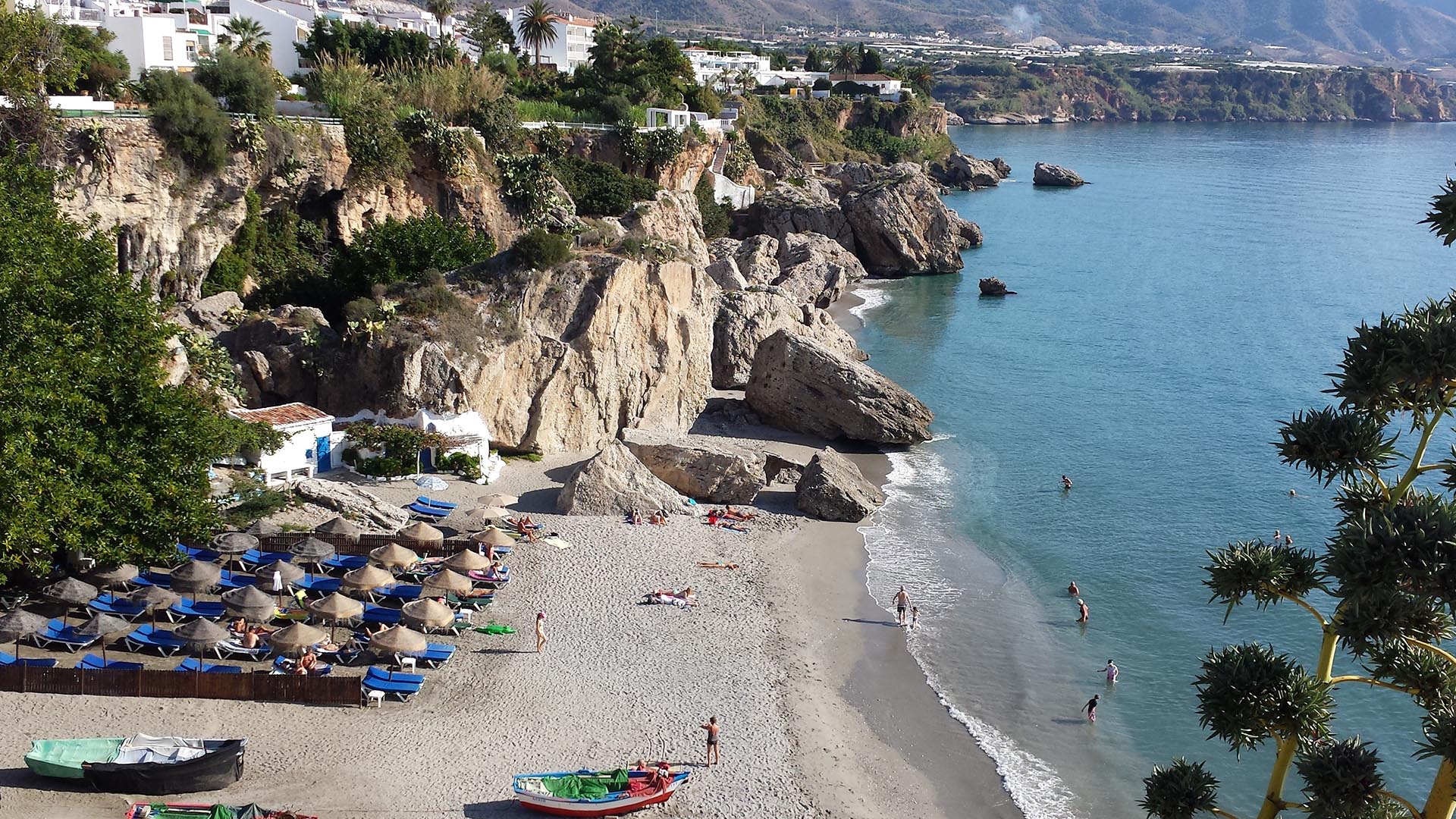
Preparing for a greener and bluer summer 2025
With summer just around the corner, it is this time of the year when many of us get a chance to step back, recharge, and enjoy the outdoors. From ETC-UMA´s side, as we head into the vacation season, we want ...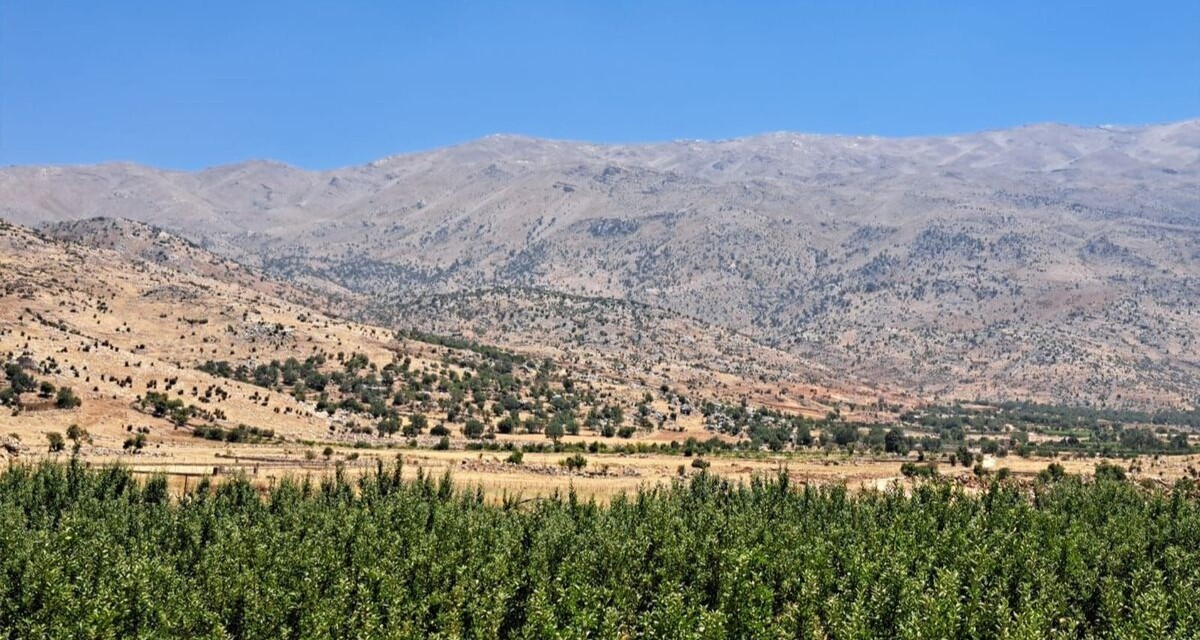
Back in Lebanon with BioConnect: Witnessing nature protection and socioecological resilience in action
As part of ETC-UMA’s role as the external evaluator for the EU-funded BioConnect project, the Centre’s Director, Dania Abdul Malak, carried out a site visit to Lebanon from July 8 to 12 to assess the project’s progress in its third ...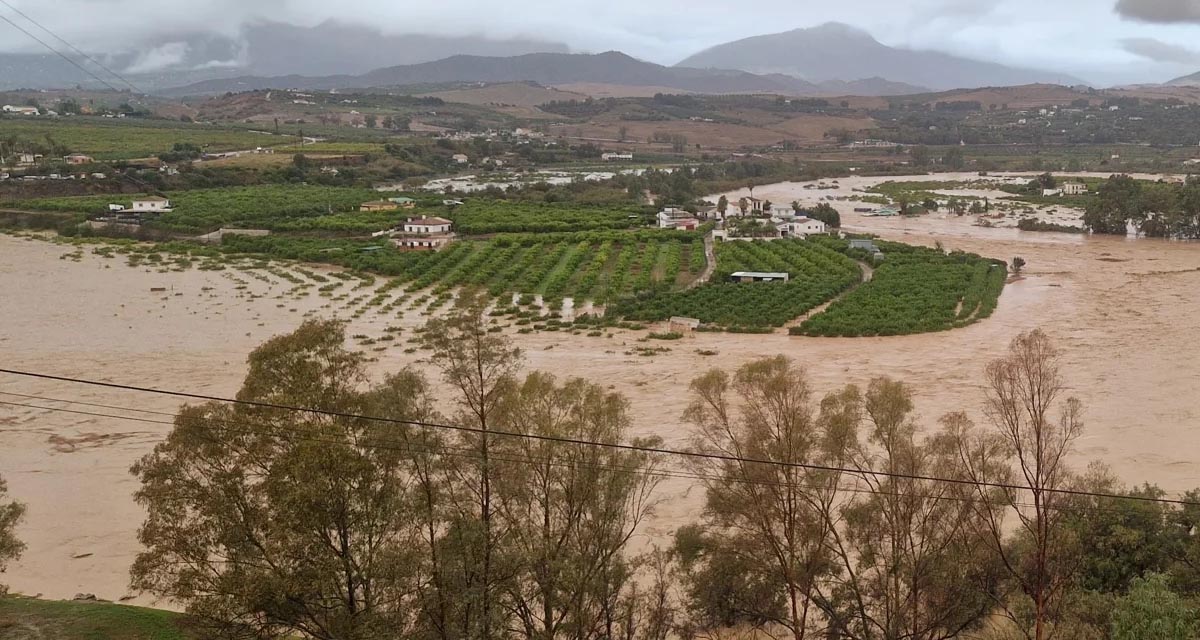
Boosting Climate Resilience: Wetland4Change Project Advances Flood Management Solutions for Mediterranean Coastal Zones
The Mediterranean coastal zone´s combination of multiple severe climate hazards – rising temperatures, water scarcity, sea-level rise, and extreme weather events – makes it a hotspot for highly interconnected climate risks for the ecosystems and societies. Recent catastrophic floods in ...
RESTORE4Cs 1st Policy Brief: How can coastal wetlands help achieve EU climate goals?
The first RESTORE4Cs Policy Brief of RESTORE4Cs, “How can coastal wetlands help achieve EU climate goals?“, highlights the importance of European coastal wetlands for reducing Greenhouse Gas emissions. The key messages of the first RESTORE4Cs Policy Brief include: Coastal wetlands are important natural carbon stores, ...
Mapping the Impact of Blue Tourism in the Mediterranean
The IUCN Centre for Mediterranean Cooperation with the support of ETC-UMA in the framework of the Blue Tourism Initiative, has released a comprehensive report entitled “Mapping the Impact of Blue Tourism in the Mediterranean: Vulnerability Assessment of Coastal and Marine ...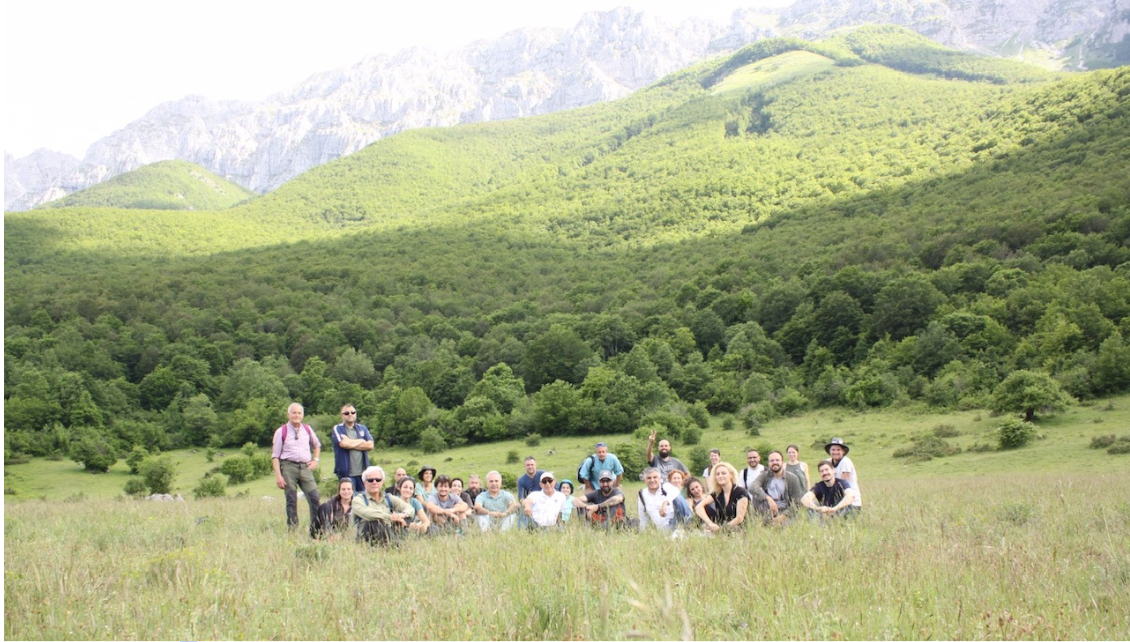
StrategyMedFor Presented at Annual Medforval Meeting 2024
StrategyMedFor was prominently featured at the Annual Medforval Meeting 2024, held from June 5-7 in Fontecchio, Italy. The event brought together 25 practitioners from national parks and natural reserves across 9 Mediterranean countries, providing a valuable platform for StrategyMedFor to ...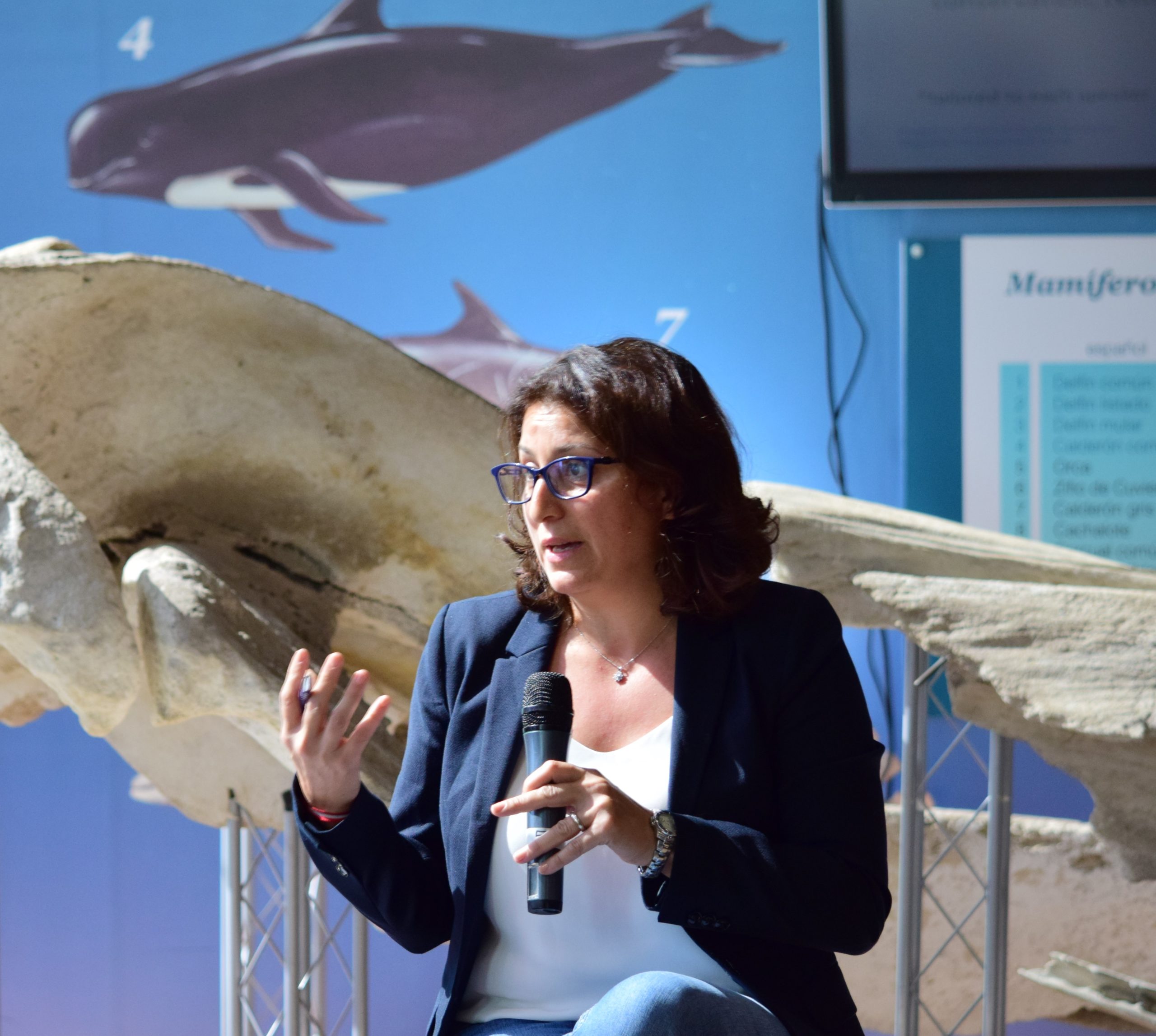
Celebrating leadership in environmental management: an interview with Dania Abdul Malak
From designing integrated ecosystem assessments in Europe and the Mediterranean to transforming outcomes into evidence-based recommendations for regional stakeholders, the European Topic Centre on Spatial Analysis and Synthesis (ETC-UMA) stands as a flagship for territorial cooperation. At the forefront of ...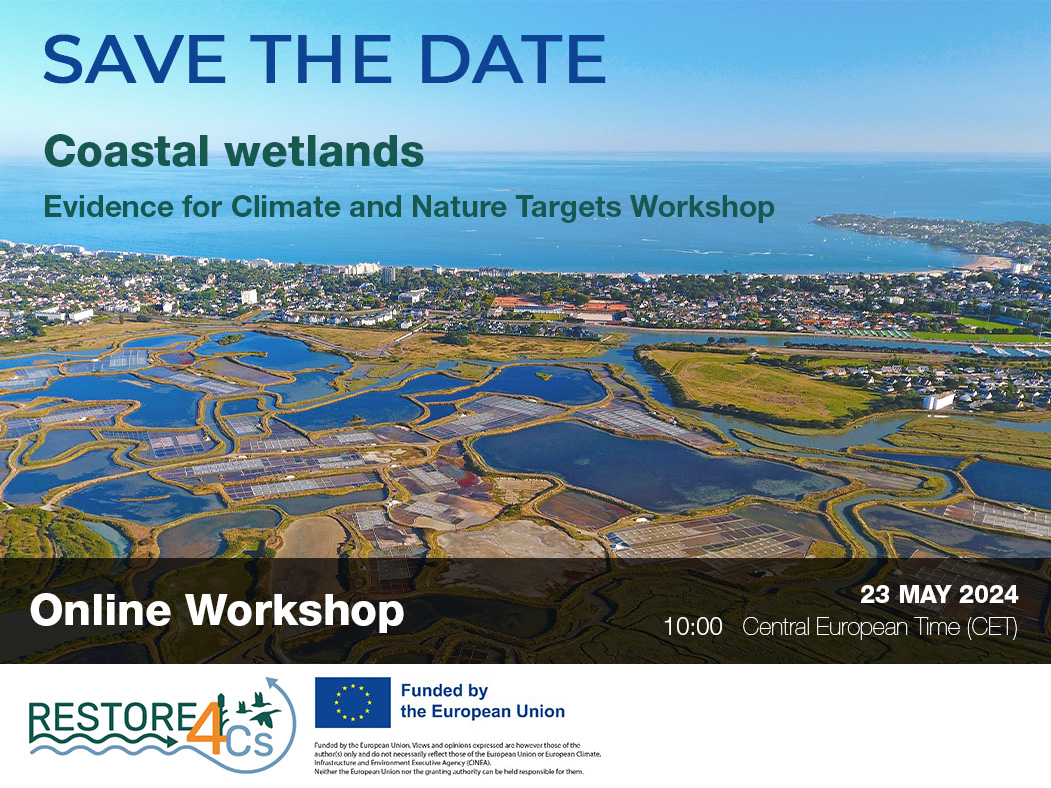
Save the date! Unlocking solutions for coastal conservation in Europe
How can coastal wetlands respond to major European Union objectives such as climate neutrality, biodiversity protection, and pollution reduction? What key role do coastal wetlands play in achieving EU commitments for climate mitigation and biodiversity conservation? The European Topic Centre ...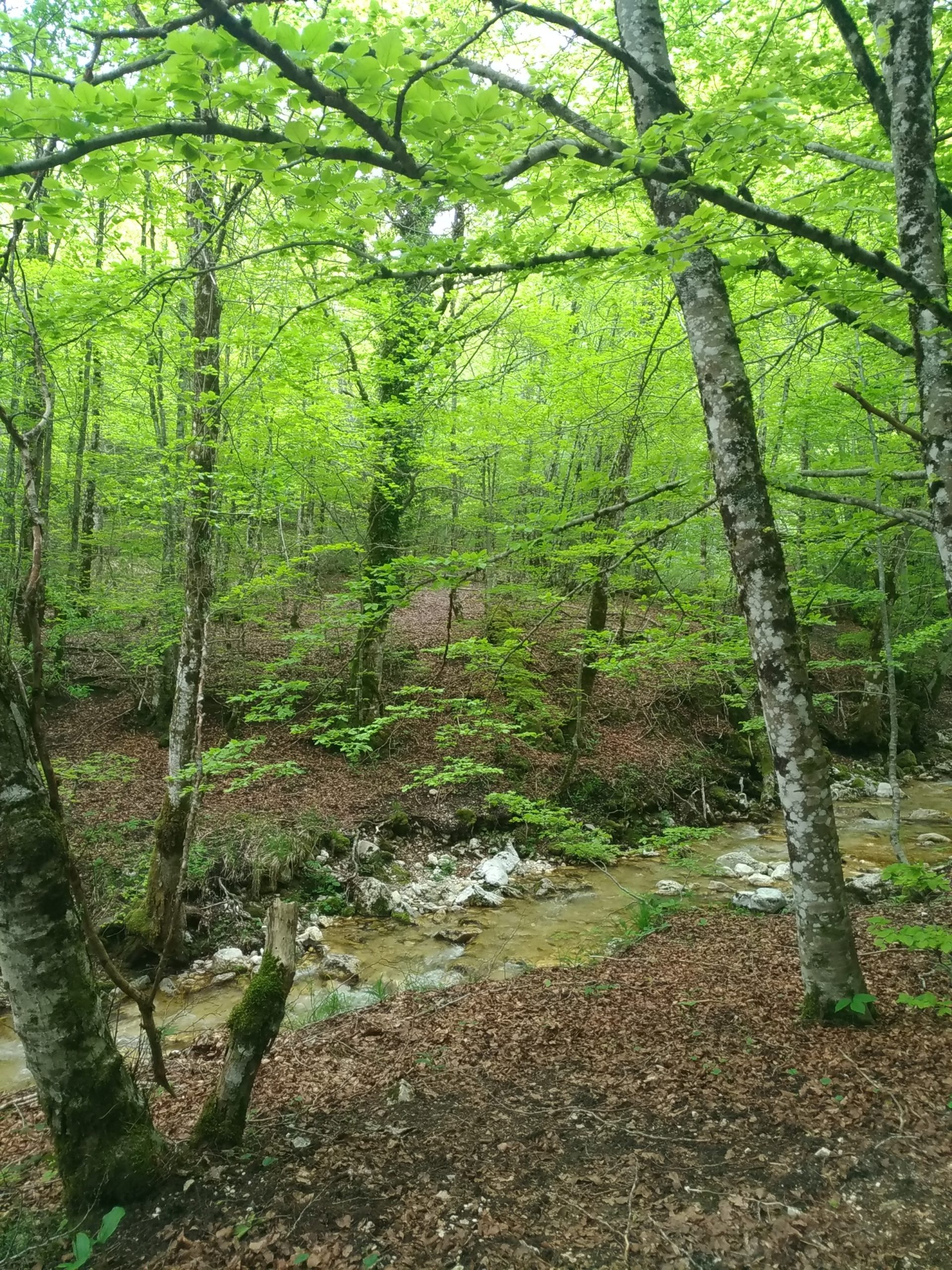
Towards a Strategy for the Sustainable Management of Mediterranean Forests (StrategyMedFor)
The StrategyMedFor project, co-financed by the Interreg Euro-MED programme, was launched at the University of Malaga during a two day meeting that took place on March 18 and 19, 2024. The European Topic Centre on Spatial Analysis and Synthesis (ETC-UMA), ...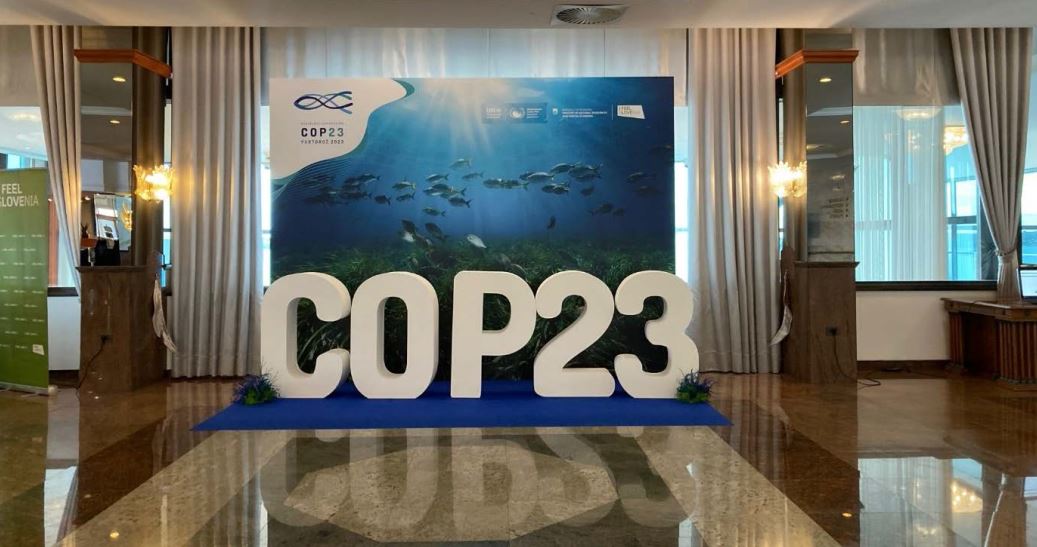
Collaborative science for forests by ETC-UMA showcased in Slovenia during the COP23
As UNEP MAP partner organization, ETC-UMA recently engaged in the organization of a session with Mediterranean institutions under the topic of climate change, entitled: From COASTAL to FOREST ecosystems: Mediterranean Nature-based Solutions to tackle climate change and ensure the Resilience ...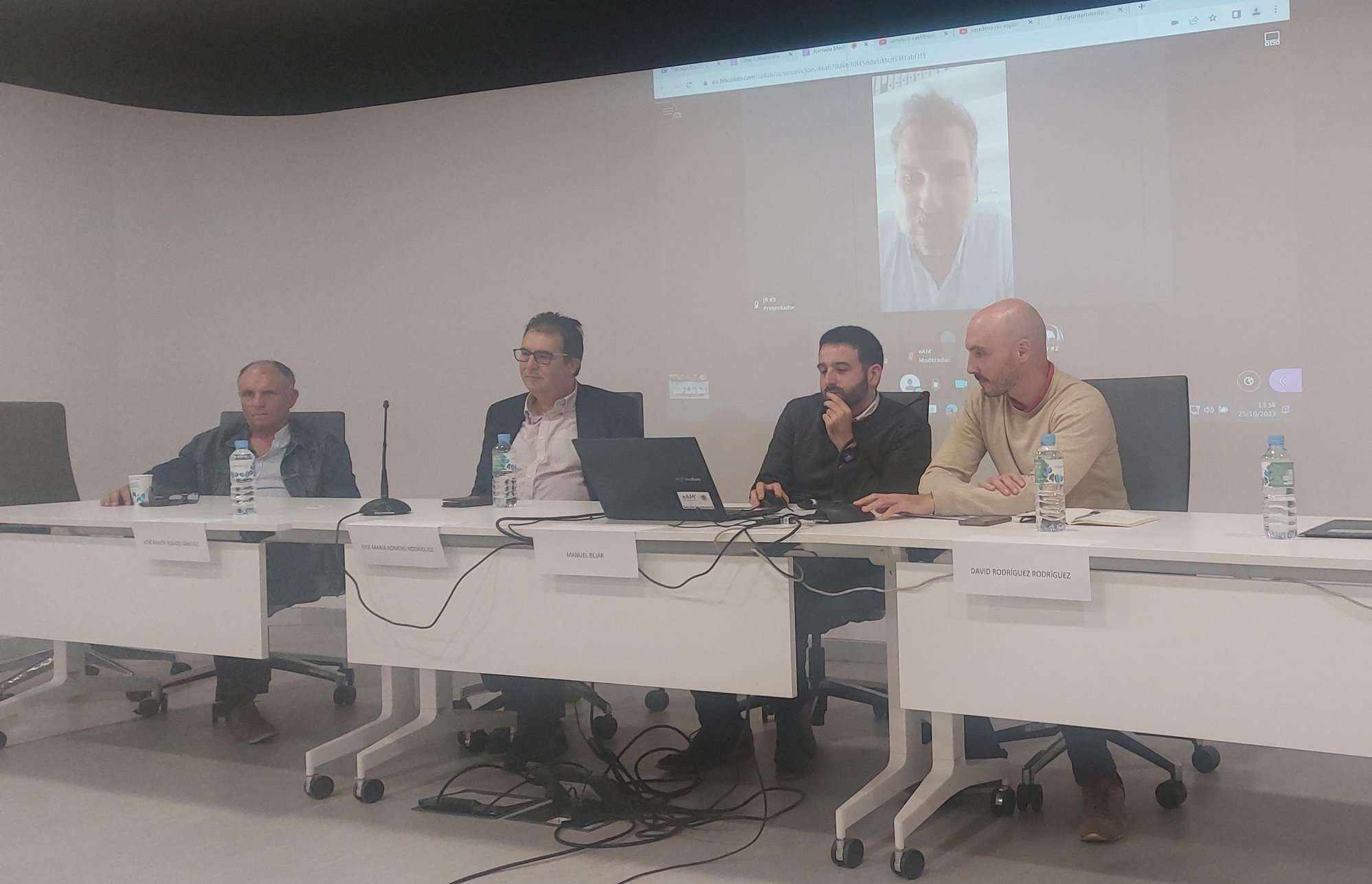
Tools for conserving the Spanish coast
On the initiative of the Instituto Universitario Hábitat Territorio y Digitalización (iHTD) of the University of Malaga, around 70 representatives of Spanish public administrations, researchers, architecture and environmental science players and civil society signed up to the second debate on ...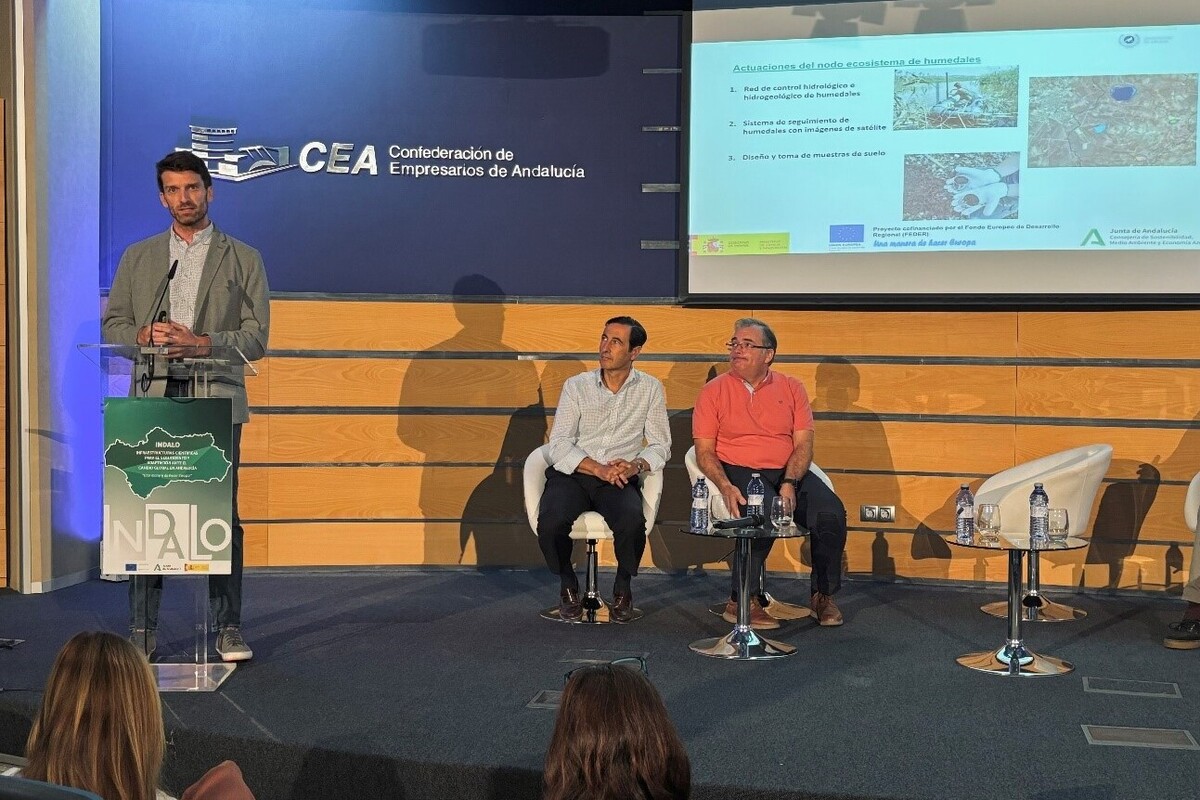
GreenEye System: a cloud-based system to monitor wetlands in Andalusia
Developed in the frame of the LifeWatch INDALO project cofinanced by the European Regional Development Fund (ERDF) for the study of biodiversity and global change in Andalucia, GreenEye System, this new cloud-based monitoring system, provides useful tools for wetlands’ assessment, ...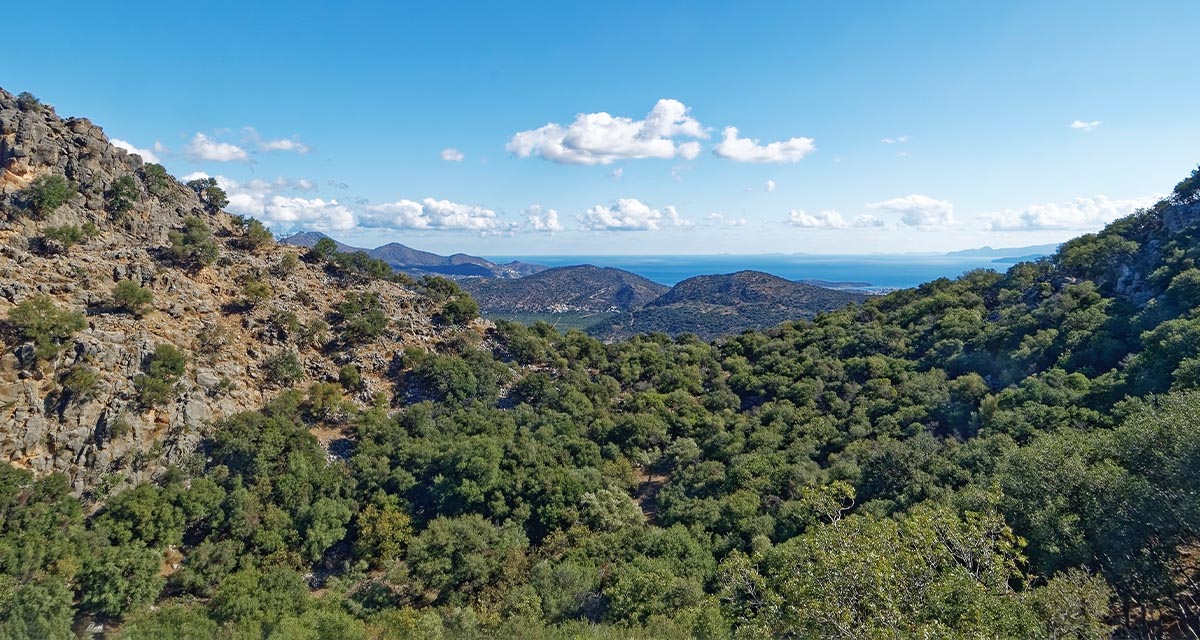
Looking back and forth to Mediterranean Forests
Timely published to enrich the knowledge available to fight fires and climate change challenges after an extremely hot summer, the proceedings of the Seventh Mediterranean Forest Week “Forest and Ecosystem Restoration for the next Mediterranean Generations” held from 21 to ...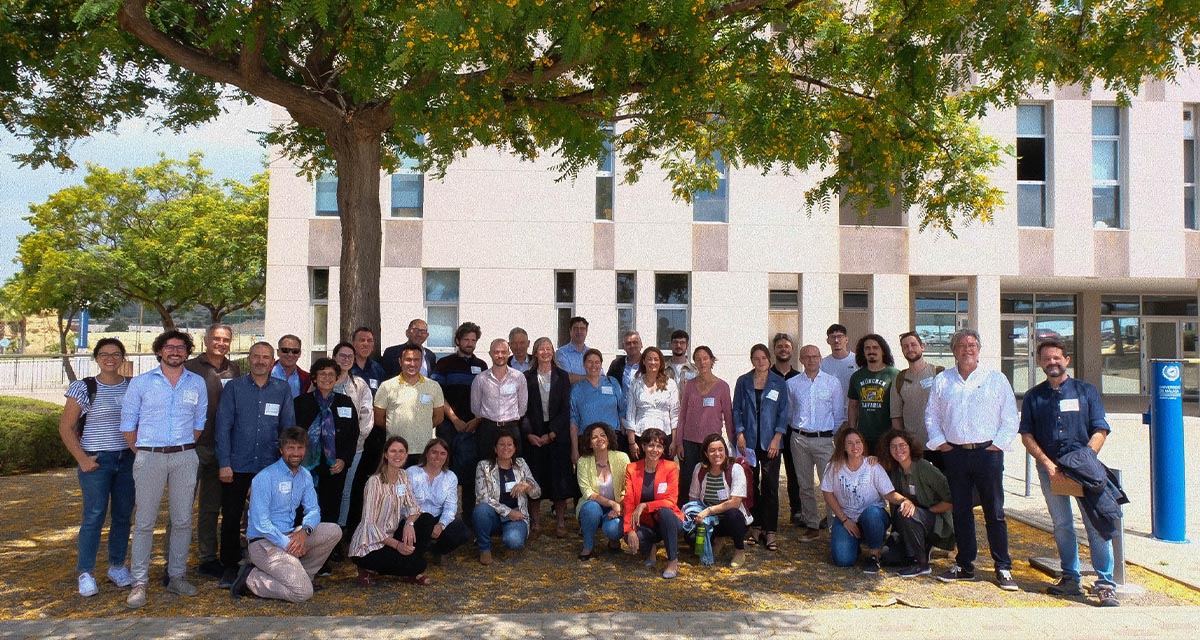
More space for innovative Mediterranean forest data partnerships
The report entitled A knowledge baseline on Mediterranean forests supported by innovation launched in July by ETC-UMA provides a highlight of what Mediterranean countries and institutions are doing to integrate new digital, satellite and Artificial Intelligence technologies into forest monitoring ...